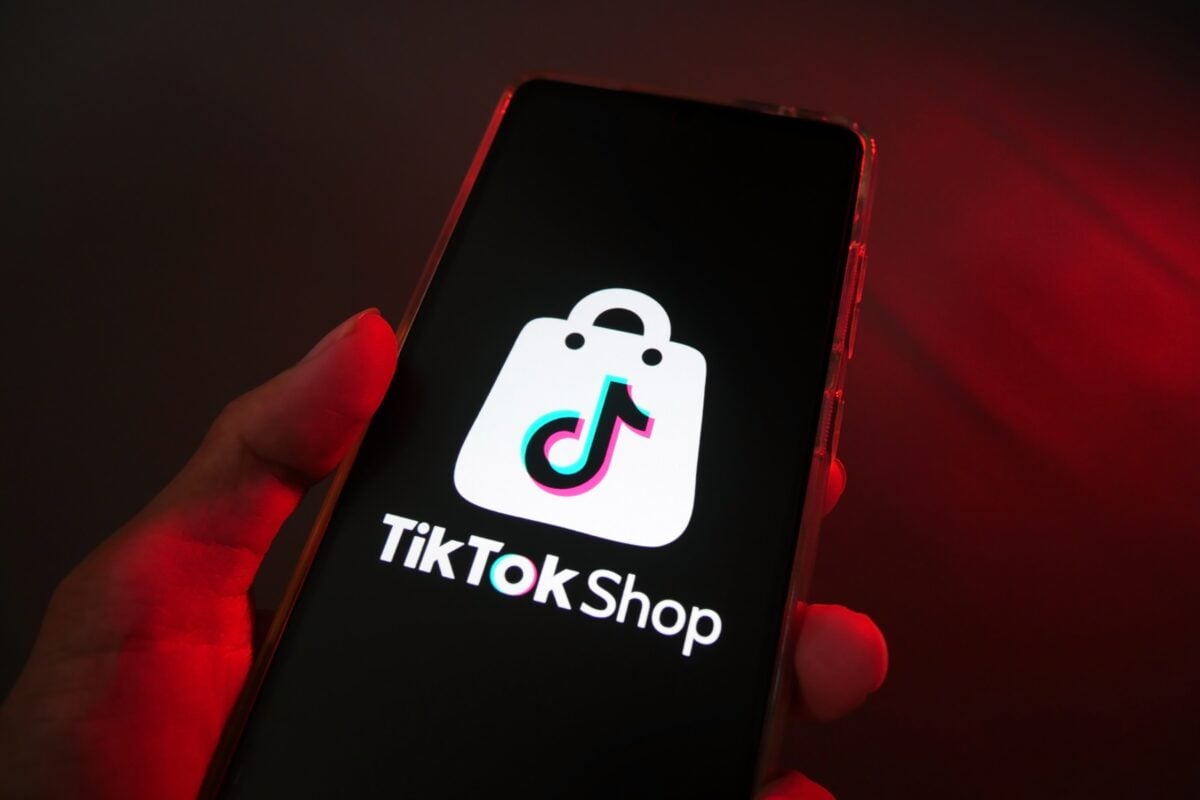TLDRs;
- Indonesia contributed US$6.2 billion GMV to TikTok Shop in 2024, making it the app’s second-largest market after the US.
- TikTok suspended live shopping in Indonesia amid political demonstrations, citing safety concerns rather than government intervention.
- The platform holds 11% of Indonesia’s e-commerce market, behind Shopee and Tokopedia, but growing rapidly.
- Live commerce dependency is rising, with 83% of Indonesian consumers participating, creating opportunities and risks for businesses.
TikTok Shop has cemented Indonesia as its second-largest market worldwide, generating an impressive US$6.2 billion in gross merchandise value (GMV) in 2024.
According to data from research firm Momentum Works, the country trails only the United States, which topped the charts with US$9 billion. Thailand came in third, contributing US$5.7 billion in GMV.
The figures highlight Indonesia’s growing reliance on live shopping platforms and the rising influence of TikTok Shop in shaping the region’s e-commerce landscape.
Suspension amid political unrest
Despite the milestone, TikTok faced challenges in 2025 when it temporarily suspended live shopping features in Indonesia starting August 30. The decision followed nationwide political demonstrations, raising safety concerns for users and businesses alike.
A company spokesperson clarified that the suspension was voluntary and not mandated by the Indonesian government. The move was described as a precautionary measure to reduce risks during a volatile period. Content found to violate community guidelines was also removed during the disruption.
While temporary, the pause directly impacted TikTok’s most dynamic feature of real-time live shopping which had driven significant user engagement and revenue growth in the country.
TikTok Shop’s market share in Indonesia
TikTok Shop currently commands around 11% of Indonesia’s total e-commerce market, valued at approximately US$56.5 billion. That puts it behind local heavyweights Shopee and Tokopedia, which continue to dominate with larger market shares.
Interestingly, if TikTok Shop’s GMV were combined with Tokopedia’s, the two platforms would represent a massive US$19 billion market presence. This underscores how quickly TikTok Shop has scaled within just a few years of operation.
Industry experts note that while Shopee and Tokopedia maintain their leads through logistics networks and brand loyalty, TikTok’s edge comes from integrating content and commerce, capturing consumer attention in new ways.
Live shopping: from novelty to necessity
The temporary suspension of TikTok’s live feature revealed how critical live shopping has become in emerging markets like Indonesia. Surveys suggest that 83% of Indonesian consumers have engaged in live shopping, while conversion rates are estimated to be up to three times higher compared to traditional e-commerce.
Small and medium-sized businesses, in particular, have become increasingly reliant on TikTok’s live format to reach audiences, build trust, and drive sales. A 2023 Ipsos Indonesia study even attributed a 73% jump in e-commerce turnover during Q3 to the rapid rise of live shopping.
Unlike traditional online marketplaces such as Amazon, which operate largely unaffected during periods of unrest, TikTok’s dependence on real-time human interaction makes it vulnerable to social and political disruptions.
What’s next for TikTok Shop in Indonesia
For now, TikTok has said it will closely monitor Indonesia’s political environment before making decisions about restoring live shopping in full.
Analysts believe that while temporary setbacks may slow growth, Indonesia’s $6.2 billion contribution solidifies TikTok Shop as a long-term player in the country’s e-commerce future.
If live shopping continues to evolve as digital infrastructure rather than a passing trend, TikTok Shop’s ability to balance security with innovation will be crucial to maintaining consumer trust and business momentum.







